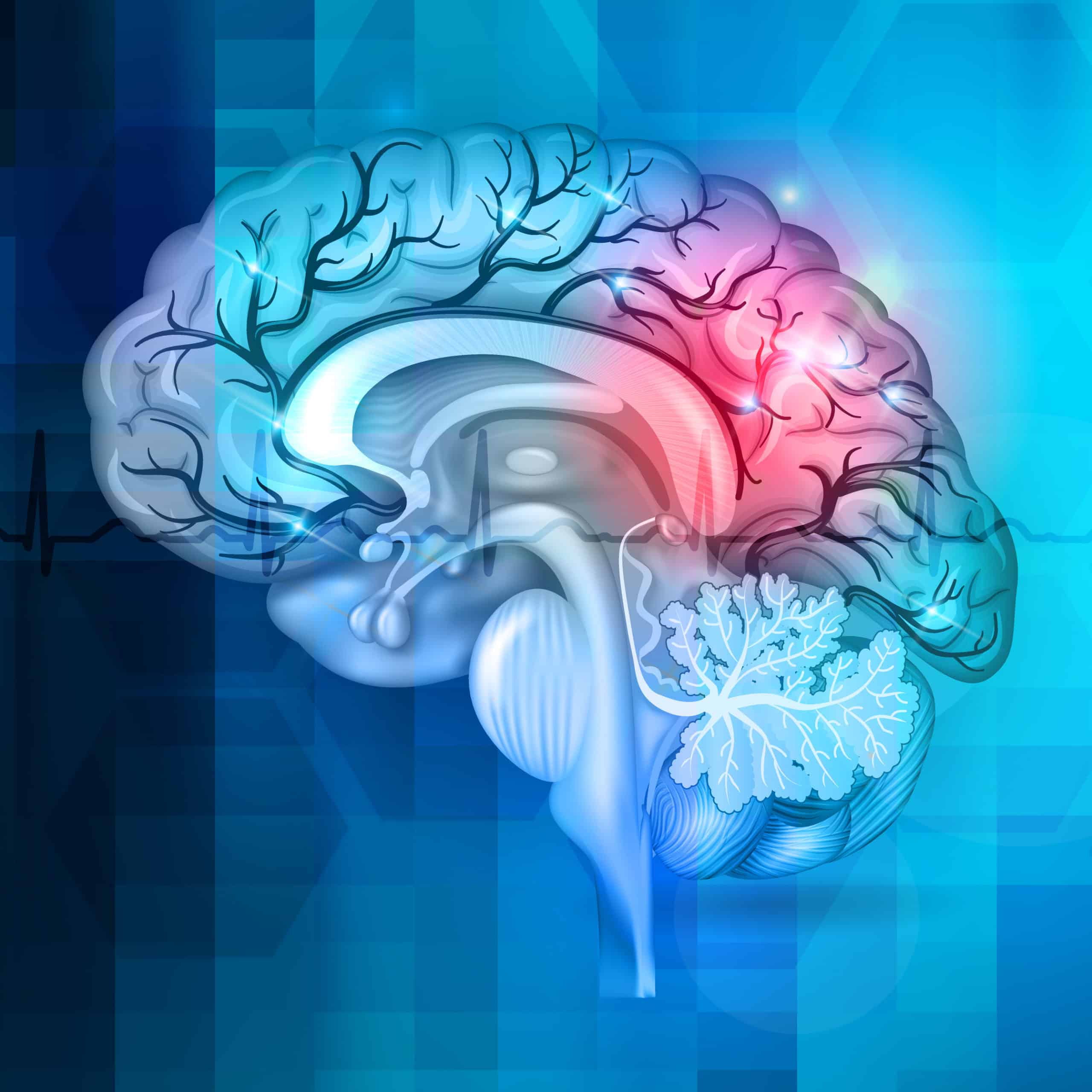Blood clots during COVID-19 may be a cause of ongoing cognitive problems
Friday 1st Sep 2023, 5.14pm

Dr Max Taquet and colleagues from the University of Oxford, along with the University of Leicester looked at blood tests from 1,837 people who had been hospitalised with COVID-19 to find potential proteins (biomarkers) associated with subsequent cognitive problems, with symptoms including serious and persistent problems with thinking, concentration and memory.
In a new paper published in Nature Medicine, they identified two separate profiles of biomarkers. The first was having a high level of a protein called fibrinogen, and the second was a raised level of a protein fragment called D-dimer. Other aspects of the profiles suggested they are likely to reflect blood clots. The main findings were replicated using electronic health records in a separate population.
Dr Taquet said: ‘Both fibrinogen and D-dimer are involved in blood clotting, and so the results support the hypothesis that blood clots are a cause of post-COVID cognitive problems. Fibrinogen may be directly acting on the brain and its blood vessels, whereas D-dimer often reflects blood clots in the lungs and the problems in the brain might be due to lack of oxygen. In line with this possibility, people who had high levels of D-dimer were not only at a higher risk of brain fog, but also at a higher risk of respiratory problems.
‘The ultimate goal is to be able to prevent and reverse the cognitive problems seen in some people after COVID-19 infection. Although our results are a significant advance in understanding the basis of these symptoms, more research is needed into the causes and effects before we propose and test interventions.’
Professor Paul Harrison from the University of Oxford’s Department of Psychiatry, who supervised the study, said: “Identifying predictors and possible mechanisms is a key step in understanding post-COVID brain fog. This study provides some significant clues.”
The participants involved in this research are part of the UKRI funded PHOSP-COVID (Post-hospitalisation COVID-19) study, led by University of Leicester. Their memory was assessed at six and 12 months after hospitalisation using both a formal test and by asking them their own subjective view about their memory.
Geoffrey Hodgson, a participant in a PHOSP-COVID trial, said: ‘Brain fog has been a symptom of long covid that I’ve really struggled with. I found things I used to do easily much more difficult, such as the software I used for work.
‘Taking part in the research and hearing the findings around cognitive difficulties has really helped me. It’s given me an understanding I didn’t have, and that definitely makes things easier.’
Dr Rachael Evans, Associate Professor, Department of Respiratory Sciences at the University of Leicester, said: ‘Large detailed studies such as PHOSP are vital if we’re to understand the causes of the often debilitating, symptoms associated with Long Covid and to urgently find treatments.’
The study was funded by MQ Mental Health Research and the Wolfson Foundation, and supported by the National Institute for Health and Care Research (NIHR) Biomedical Research Centres in Leicester and Oxford Health.
The full paper, ‘Acute blood biomarker profiles predict cognitive deficits 6 and 12 months after COVID-19 hospitalization‘, can be read in Nature Medicine.

